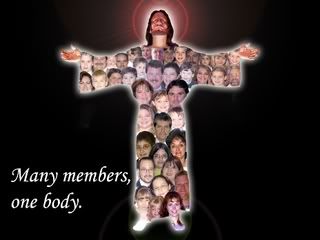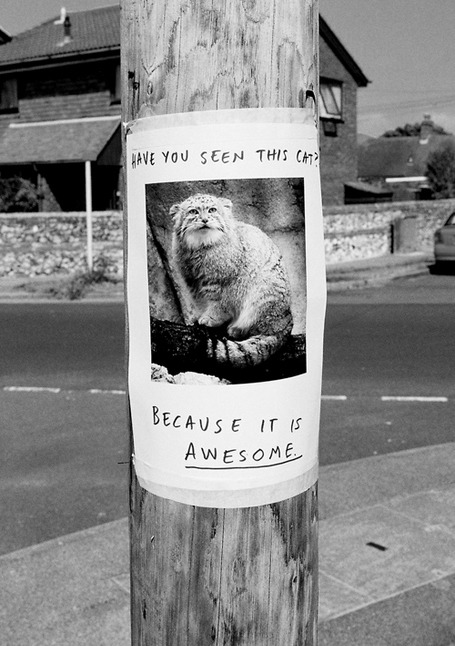 |
| I'm starting to regret not buying a new book. My blog deserves a snazzier cover! |
He then uses the example of a mail carrier to explain.
Suppose someone asked me, when I see a man in blue uniform going down the street leaving little paper packets at each house, why I suppose that they contain letters? I should reply, ‘Because when ever he leaves a similar little packet for me I find it does contain a letter.’ And if he then objected—’But you’ve never seen all these letters which you think the other people are getting,’ I should say, ‘Of course not, and I shouldn’t expect to, because they’re not addressed to me. I’m explaining the packets I’m not allowed to open by the ones I am allowed to open.’ It is the same about this question. The only packet I am allowed to open is Man. When I do, especially when I open that particular man called Myself, I find that I do not exist on my own, that I am under a law; that somebody or something wants me to behave in a certain way. I do not, of course, think that if I could get inside a stone or a tree I should find exactly the same thing, just as I do not think all the other people in the street get the same letters as I do. I should expect, for instance, to find that the stone had to obey the law of gravity—that whereas the sender of the letters merely tells me to obey the law of my human nature, he compels the stone to obey the laws of its stony nature. But I should expect to find that there was, so to speak, a sender of letters in both cases, a Power behind the facts, a Director, a Guide. (Mere Christianity, p.34)
Yes, belief in God is "unscientific" but that is only because science is too small, not because it is more real.
Last week, I wasn't very patient reviewing Chapter 3. That was mainly because I felt that people who deny the existence of a moral law do so because of twistedness. I suppose that isn't fair. It's like someone judging me for not being able to wrap my poor little brain around Calculus, accept that this is more important. (Really. We all need God. We don't all need Calculus). But if I did need to learn Calculus, I would need someone to take me into it with small little baby steps, starting with what I already knew, and then helping me understand one bit at a time. That's exactly what Lewis is doing here. In other words, sorry about last week. :-)
Click here for more brilliant discussions of Chapter 4 in Mere Christianity
Click here for more brilliant discussions of Chapter 4 in Mere Christianity




















5 comments:
Major tenets of science - like the materialist philosophy underlying evolution -- step way beyond what's observable and move into "what we agree upon based on what we know or think we know." And that begins to resemble faith -- in fellow scientists, if not God.
Good post, Helen.
a Power behind the facts, a Director, a Guide.
i keep coming back to that...
it gives me the indication of what i am to be...all in relationship with my God.
What a statement: Yes, belief in God is "unscientific" but that is only because science is too small, not because it is more real.
Love your honesty with the postscript at the end too. :) Thanks so much Helen. You bless me!
I love this!
Yes, science is far too small to contain an uncontainable God.
Thanks for your honesty also, dear Helen.
Oh, I so love that! God IS real. Everything else is just a shadow of the real.
Good reality check!
Thanks, Helen!
Post a Comment